#pentreath
Explore tagged Tumblr posts
Text

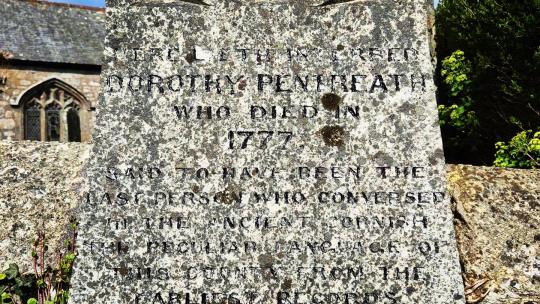
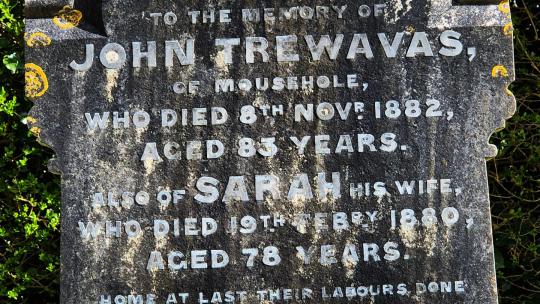

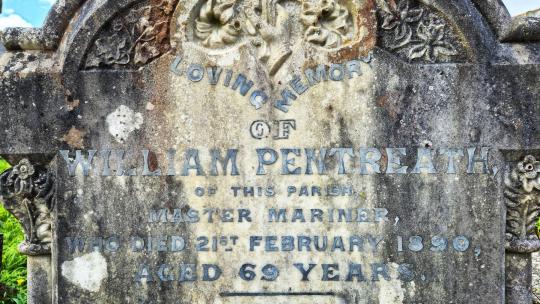
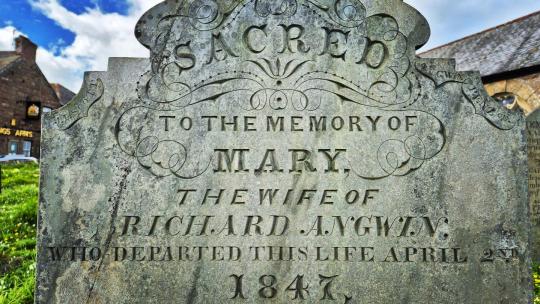
Gravestones, St Pol de Léon church, Paul, Mousehole, Cornwall /Kernow
6 notes
·
View notes
Photo
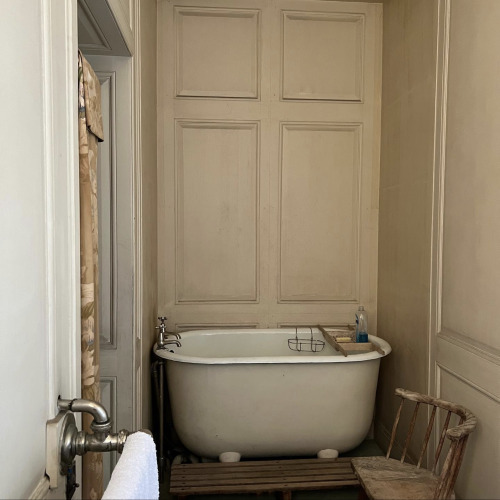
Ardkinglas Estate. Photo by Ben Pentreath.
2 notes
·
View notes
Text

Rainbowberry went to Gwithti an Pystri - A Cabinet of Folklore and Magic.
In Falmouth, in Cornwall, England.
Rainbowberry is looking at an ornamental plaque of Dolly Pentreath.
#my little pony#g3#rainbowberry#gwithi an pystri#cabinet of folklore and magic#falmouth#cornwall#england#dolly pentreath
13 notes
·
View notes
Text

At Ben Pentreath’s house in Dorset .. Style ..
13 notes
·
View notes
Text

Welsh Castle, Ben Pentreath Studios.
9 notes
·
View notes
Text






Welsh Castle, Ben Pentreath Studios.
2 notes
·
View notes
Text
Ben Pentreath, Driehaus laureate
A house designed by Ben Pentreath in Moscow. (Ben Pentreath Ltd.) I believe I first heard of architect Ben Pentreath from a video called “Three Classicists” in which he, along with George Saumarez Smith, and Francis Terry drew, in 2010, a classical scene on the walls of the Kowalski Gallery, in London. It was videotaped in stop action, or time-lapse, shrinking the time of drawing to about three…

View On WordPress
#Adele Chatfield-Taylor#Ben Pentreath#Driehaus Prize#Francis Terry#George Saumarez Smith#Henry Hope Reed Award#Quinlan Terry#Richard H. Driehaus#University of Notre Dame
2 notes
·
View notes
Text
So, why do people care so much about Cornish identity? Cornwall’s just a part of England right? Another county with some distinct foods and a funny accent, and they moan about the tourists- when they should be grateful for the money.
Except it’s not.
Whilst the rest of England was forming with a character influenced by Germanic and Norse cultures, Cornwall was holding itself separate as an independent Celtic kingdom, with strong links with Wales, Ireland and Brittany- as well as trading with the wider Mediterranean. For a long time, this kingdom included parts of Devon, but eventually the Celtic people were forced back past the Tamar, and at some point started referring to the land as Kernow, rather than Dumnonia (probably).
Even after the Norman conquest, in part because Cornwall came under the control of the Duke of Brittany, Cornwall retained elements of its unique culture, and certainly its language. There are existing works of literature written in the Cornish language (also called Kernewek) during the medieval period. Due to the active tin mining industry and the Stannary courts, they even had a separate legal system.
All of this continued until the start of the Tudor period, when Henry VII, desperate for money for his wars with Scotland, suspended the operation of the Cornish Stannaries, and imposed greater taxes. This ultimately led to the Cornish Rebellion of 1497. An army of as many as 15000 rebels marched towards Somerset, and ultimately to London, where the rebels met with Henry VII’s armies. Unfortunately, the Cornish lost the ensuing battle, and the rebel leaders were captured, killed and quartered, with their quarters being displayed in Cornwall and Devon. From 1497 to 1508, Cornwall was punished with monetary penalties, impoverishing the people, and land was given to the king’s (English) allies.
However, this wasn’t the death of Cornish culture or dreams of independence from England. Until 1548, Glasney college was still producing literature in Cornish- when it was destroyed in the dissolution of the monasteries, during the English reformation. The following year, 1549, the Cornish rose again- this time to demand a prayer book in their own language, which was still the first (and often only) language of most people in the region. The rebellion was also about the ordinary people vs the landowners, as shown by their slogan “kill all the gentlemen”.
Unfortunately, this rebellion failed too, and this time, it wasn’t just the leaders who were killed, but up to 5,500 Cornishmen- which would have been a significant proportion of the adult male population at the time. These factors combined are widely thought to have contributed to the decline of the Cornish language- although it was still widely in use centuries later.
Despite the failings of these rebellions, the Cornish retained a distinct language and their own culture, folklore and festivals. Mining, farming and fishing meant that the region itself wasn’t economically impoverished, as it was today. Even towards the end of the 1700s, there were still people who spoke Cornish fluently as a first language (including Dolly Pentreath, who definitely wasn’t the last Cornish speaker).
However, over time, the tin mines became less profitable, and Cornwall’s economy started to suffer. Especially in the latter part of the 19th century, many Cornish began to emigrate, especially to places like Australia, New Zealand (or Aotearoa), Canada and South America. Cornish miners were skilled, and were able to send pay back home, and along with the Welsh, influenced culture and sport in many of these places. Many mining terms also have their roots in Cornish language and dialect.
Throughout the 20th Century, Cornwall went through an economic decline- to the point where, when the UK was an EU member, Cornwall was receiving funding intended for only the most deprived regions in Europe. It was one of very few places in the UK to receive this funding- due to the levels of poverty and lack of infrastructure.
Part of the decline was also linked to the decline of historic fish stocks, such as mackerel. In the 70s and 80s, there was a mackerel boom- and large fishing trawlers came from as far away as Scandinavia (as well as Scotland and the north of England) to fish in Cornish waters. The traditional way of fishing in Cornwall used small boats and line fishing. The local fishermen couldn’t compete, and ultimately stocks were decimated by the trawlers. Many more families had to give up their traditional way of life. One could draw parallels here with worldwide indigenous struggles over fishing rights.
Despite this, Cornish communities retained their traditional folklore and festivals, many of which are still celebrated to this day. And throughout the 20th Century, efforts were made to preserve the Cornish language. Although there may not be any first language Cornish speakers left, it is now believed that community knowledge of the language was never truly lost.
Cornwall has since become a popular tourist destination. This brings its own problems- many people want to stay in self-catering accommodation and, more recently, air bnbs. This, alongside second homes, has gutted many Cornish communities. The gap between house prices and average wages is one of the largest in the country. Land has become extremely expensive, which hurts already struggling farmers. Roads can’t cope with the level of traffic. The one (1) major hospital can’t cope with the population in the summer. All of last winter, most Cornish households faced a “hosepipe ban” due to lack of water- yet in the summer, campsites and hotels can fill their swimming pools and hot tubs for the benefit of tourists.
Does this benefit Cornwall? Only about 13% of Cornwall’s GDP comes from tourism. The jobs associated with tourism are often poorly paid and may only offer employment for part of the year. People who stay in Air BnBs may not spend that much money in the community, and the money they pay for accommodation often goes to landlords who live upcountry and aren’t Cornish. Many major hotels and caravan sites are also owned by companies that aren’t Cornish, taking money out of the local economy.
Match this with a housing crisis where it’s increasingly difficult to rent properties long term, and buying a flat or house in Cornwall is out of reach of someone on the average salary and it’s easy to see why people are having to leave communities where their family lived for generations. This damages the local culture, and means centuries-old traditions can come under threat.
All of this feeds into the current situation; it feels like middle class families from London see Cornwall as their playground, and moan about tractors on the road, or the lack of services when they visit. People talk about theme park Cornwall- a place that’s built for entertainment of outsiders, not functionality for those who live here. More widely, a lot of people around the UK have never heard of the Cornish language, or view it as something that’s “extinct” or not worth preserving.
The Cornish are one of Britain’s indigenous cultures, alongside Welsh, Gaelic, Scots, Manx and others. And it’s a culture that’s increasingly under threat economically and culturally. We’ve been clinging on to our homes for a long time, and even now it still feels like we might be forced from them (indeed some of us are). So yes, Cornish people can seem excessively defensive about our identity and our culture- but there’s good reason for it!
#uk politics#cornwall#cornish#kernow#kernewek#celtic languages#minority languages#minority cultures#Cornish history#cornish langblr
312 notes
·
View notes
Text
1986 videogame, Moonmist, is marked as being the first ever game to feature a lesbian character. That character is Vivienne Pentreath, and, depending on your path, you learn about her girlfriend, Deidre. Though the game never outright says they're a couple, it heavily implies it.


2 notes
·
View notes
Text
Ben Pentreath: my volte face from committed renter to new homeowner
Ten years ago, the architectural and interior designer wrote a piece for this paper extolling the virtues of renting. But he broke his own rules — and is now on the road to home ownership
0 notes
Text

Built around the existing navy Aga, Bridie describes this look as ‘typical Ben Pentreath country-house style’. Traditional cabinets with olive-green paintwork in a gloss finish provide a rich contrast with cheery red and white Marmoleum floor tiles arranged in a chequerboard pattern .

1 note
·
View note
Photo

Ardkinglas Estate by Ben Pentreath.
1 note
·
View note
Text

St. Dolly Pentreath, fishwife & terminal speaker of Cornish
1 note
·
View note
Photo
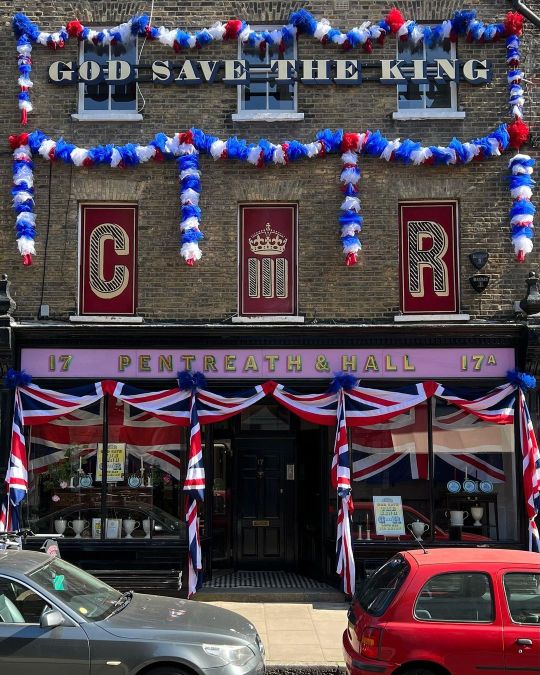
GOD SAVE THE KING!!! .. @pentreathandhall.. 🇬🇧🇬🇧🇬🇧
5 notes
·
View notes
Text

Wiltshire Manor House, Ben Pentreath Studio.
4 notes
·
View notes
